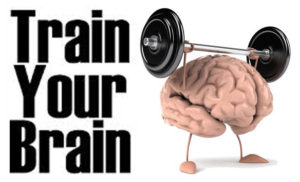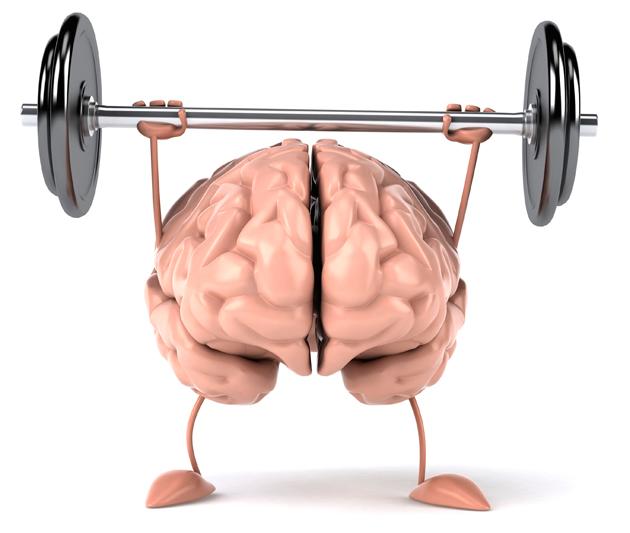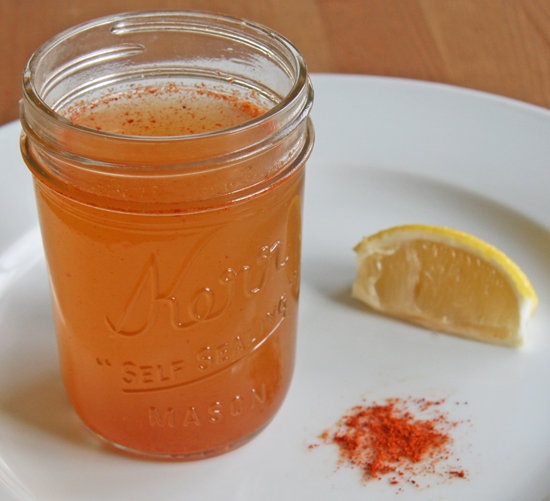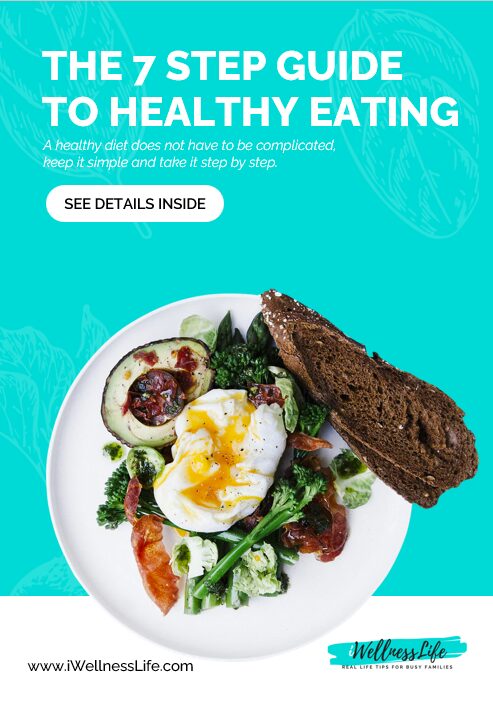Have you ever had a name on the tip of your tongue, but just could not quite remember? Was it Eric, Erin,or Evan? We tend to associate that type of forgetfulness with growing older. Is a decline in cognitive skills an unavoidable part of aging? Not necessarily. Experts are finding that healthy lifestyle choices can help your brain stay sharp, clear, and focused.
FOOD FOR THOUGHT

Although the brain is only 2% of our body weight, it consumes more than 20% of our energy. So, the next time you sit down for a meal, remember to feed your brain for optimal function.
Which of these brain foods will you include in your diet?
Vegetables
- Spinach
- Broccoli
- Cauliflower
- Squash
- Sweet Potatoes
- Onions
- Brussels Sprouts
- Carrots
- Avocados
Fruit
- Dark Berries
- Plums
- Oranges
- Blackcurrant
- Red Grapes
- Acai
- Cherries
- Kiwis
- Pomegranate
BUILD YOUR BRAIN
- Pay attention. It can take about eight seconds of intense focus to ingrain a piece of information into your memory.
- Use several senses when learning. Try to relate information to colors, textures, smells, and tastes.
- Do something new. Get out of your comfort zone to challenge your brain.
- Play games. Games and puzzles that require thought and problem solving can help to
develop and maintain cognitive skills. - Interact with others. Social activity keeps your brain engaged, fights depression, and improves your mood.
RELAX YOUR WAY TO A BETTER BRAIN

Unmanaged stress in our lives can lead to higher levels of stress hormones, such as adrenaline and cortisol. These hormones can negatively impact brain function and processing speed, as well as decrease the size of the brain cortex area associated with long-term memory.
To reduce stress and decrease sustained exposure to these hormones, try one of the
following strategies:
- Get 6-8 hours of restorative sleep.
- Take breaks from stressful stimuli by going for a walk, exercising, or eating in
a quiet and peaceful environment. - Practice proper breathing from the diaphragm. Ask your wellness coach to
show you how.
Which of the above strategies are you most confident that you could implement?
EXERCISE BENEFITS YOUR BODY & GIVES YOUR BRAIN A BOOST
- Exercising improves oxygen intake. Brain function benefits from increased oxygen, promoting the development of chemicals that aid in brain cell repair.
- Exercise supports new neuron formation and allows the brain to process thoughts and problems more efficiently. Studies have also shown that exercise prompts growth of new blood vessels.
- Exercise increases the size of the hippocampus (the learning and memory area of the brain).
- Research has proven that children who participate in increased periods of physical activity reach greater levels of academic achievement and receive higher test scores.
- 30 minutes of exercise 3 times a week greatly lowers the risk of dementia and cognitive decline. According to the Mayo Clinic, exercise is the most effective tool in preventing Alzheimer’s disease.
- Many types of physical activity help lengthen attention span and increase focus. School children have shown improvement in their ability to concentrate after short bouts of exercise.

Try one of these brain & body boosters!
• Jog in place for 1 min.
• Do 15 jumping jacks.
• Jump rope for 30 sec.
JUST KEEP MOVING!

Subscribe To Our VIP Newsletter
Join our VIP mailing list to receive additional content that goes even deeper into the latest tips to ensure you and your families health, fitness and wellness.
























